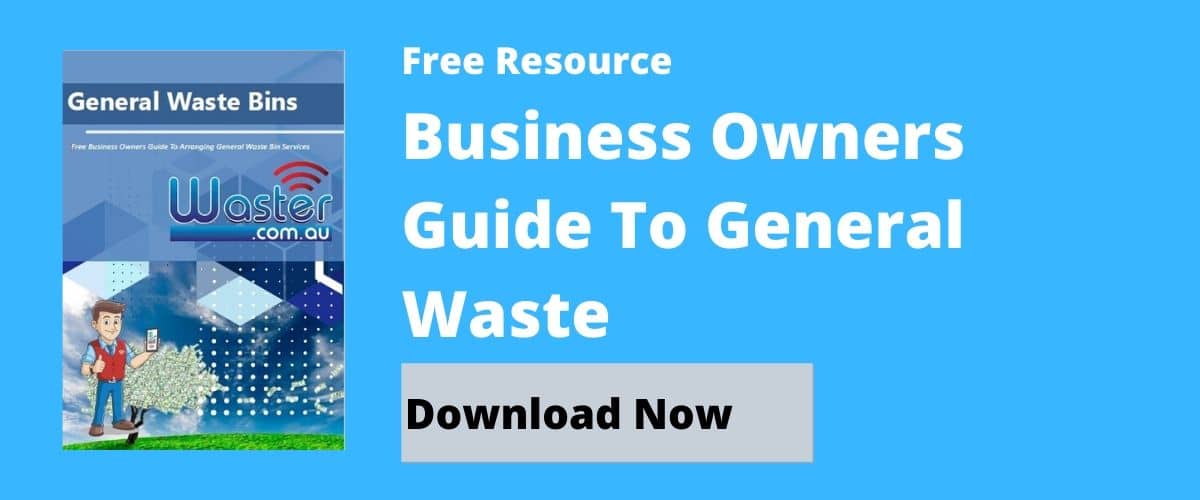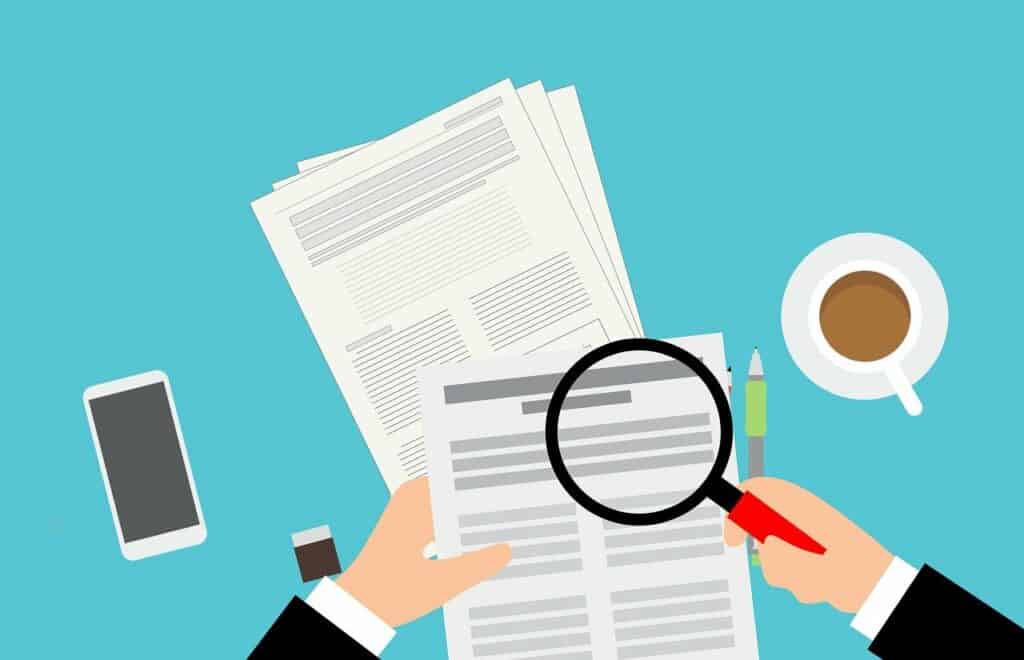Waste Audit 🗑️: Looking to cut costs and improve your waste management? A waste audit is your first step to smarter, more efficient waste services.
We help Australian businesses uncover exactly what they’re throwing away – and how much it’s costing them. With the right audit, you can identify savings, boost recycling and choose services that actually fit your needs.
>Download Now: Free PDF Business Owners Guide To General Waste Bin Services
A bit about Waster
Before we continue discussing everything you should know about waste audits, let me first share Waster with you.
Waster provides you with innovative solutions for your business’s waste management and recycling needs. Moreover, we provide flexible, 30-day contracts instead of the typical lock-in contracts, which proves to be better.
Click on the blue button to learn more.
READ: Health And Safety Waste Management 🗑️
What Is a Waste Audit?
A waste audit is a straightforward review of what your business throws away. You’ll track the types, quantities and sources of waste your business generates over a set period.
Here’s why businesses across Australia are embracing waste audits:
Improve sustainability: Increase recycling and support your environmental goals
Cut unnecessary costs: Spot oversized bins or too-frequent pickups that inflate your bills
Stay compliant: Meet Australian environmental regulations without the headaches
When should you conduct a waste audit?
Best timing: Before renewing waste contracts or making changes to your services. This gives you the data you need to make informed decisions.
How often: Annually, or whenever your business operations change significantly – like after expanding, moving or changing your processes.
Benefits of a Waste Audit
Conducting a waste audit delivers practical benefits that go beyond just reducing waste:
Identify inefficiencies: Find which waste streams are costing you more than they should.
Right-size your services: Avoid paying for bins that are too big or pickups that are too frequent.
Boost recycling: Divert more waste from landfill with better sorting and recycling practices.
Support your environmental goals: Demonstrate your commitment to sustainability and ESG standards.

Step-by-step guide to your Waste Audit
Ready to get started? Here’s how to conduct an effective waste audit:
Planning phase
- Define your objectives (cost reduction, better recycling, compliance)
- Get team members from different departments involved
- Choose your audit period (typically one week to one month)
Collection phase
- Monitor and collect all waste streams during your chosen period
- Don’t forget specialty waste like e-waste or confidential documents
Categorisation
Sort your waste by type:
- Paper and cardboard
- Plastics and packaging
- Food waste
- General waste
- Hazardous materials
Measurement
- Weigh or estimate the volume of each waste category
- Track pickup frequency and bin fill levels
Analysis
- Review your data to spot patterns and inefficiencies
- Identify your biggest waste sources
- Compare costs across different waste streams
Action planning
- Set clear goals based on your findings
- Adjust bin sizes or pickup frequency as needed
- Implement new recycling processes
Right-sizing your Waste Services
Many businesses overpay for waste services because they’re using the wrong bin sizes or scheduling unnecessary pickups.
Common issues we see:
- Large bins that are always half-empty
- Small bins overflowing before pickup day
- Too-frequent pickups that aren’t needed
At Waster, we offer flexible bin sizes and collection schedules. Our 30-day agreements mean you can adjust your services as your needs change – no lock-in contracts required.
Improving your Waste Management after the Audit
Once your audit is complete, here’s how to put your findings into action:
Streamline your processes: Set up clearly labelled bins and recycling stations in the right locations.
Choose the right partner: Work with a provider that offers flexible, transparent services.
Train your team: Help staff understand new sorting and recycling procedures.
Monitor and adjust: Keep track of how changes are working and make adjustments as needed.
Common Waste Audit mistakes to Avoid
Make sure your audit gives you accurate results by avoiding these common pitfalls:
Missing waste streams: Include everything – general waste, recycling and specialty waste like e-waste.
Excluding your team: Get input from employees across different departments for better accuracy.
Short tracking periods: Audit for at least one full operational cycle to capture accurate data.
Ignoring specialty waste: Don’t overlook materials that need special handling or disposal.
How Waster Makes Waste Audits Simple
We help Australian businesses conduct effective waste audits with practical tools and expert guidance. Our team can help you:
- Identify cost savings opportunities
- Improve your recycling rates
- Choose the right bin sizes and pickup schedules
- Ensure compliance with Australian regulations
With our transparent pricing and flexible 30-day agreements, you can implement changes without getting locked into lengthy contracts.
Ready to Audit your Waste?
A waste audit is the smart first step to better waste management. By understanding what you’re throwing away, you can save money, boost recycling and choose services that actually work for your business.
Want to get started? Get a free quote and speak to our team about conducting a waste audit for your business.
Choose Waster for smart, flexible waste management – no lock-in contracts, no hidden fees, no stress.
More things you need to know about Waster
If you’re looking for other waste management and recycling bins, take a look at our waste recycling shop and find the best deals in terms of pricing and services.
Also, please call 1300 WASTER (1300 927 837), or email us at enquiries@waster.com.au if you have any further questions.


